Search
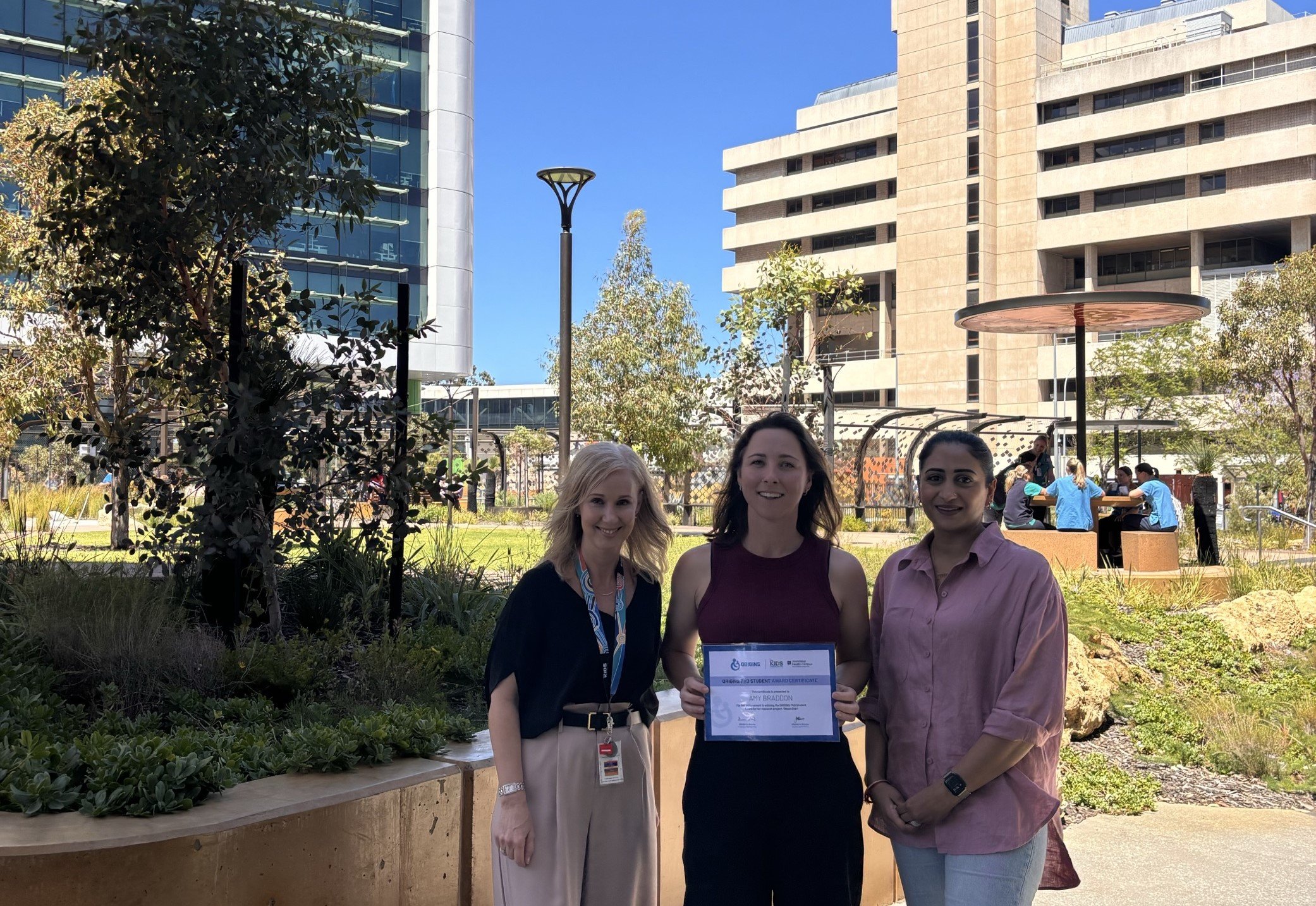
News & Events
ORIGINS is pleased to announce the 2024 recipient of its inaugural PhD Student AwardMiss Braddon will be awarded with $15,000 to go towards her research project, DreamStart

News & Events
Better Your BioMood: First Findings Published in Origins SubprojectFirst Findings Published in Origins Sub-Project
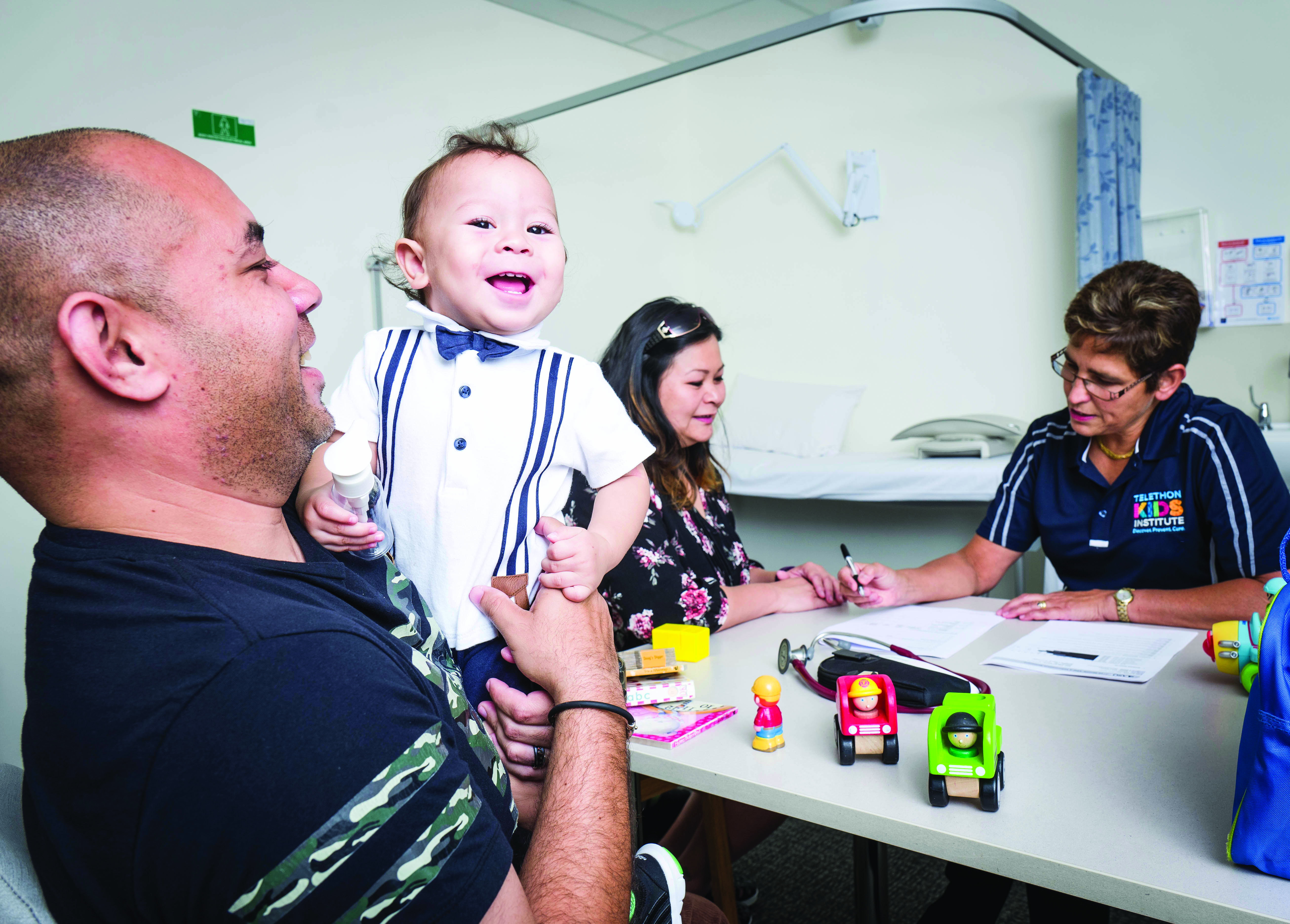
News & Events
ORIGINS named in multi-million dollar investment towards child healthORIGINS named in multi-million investment towards child health
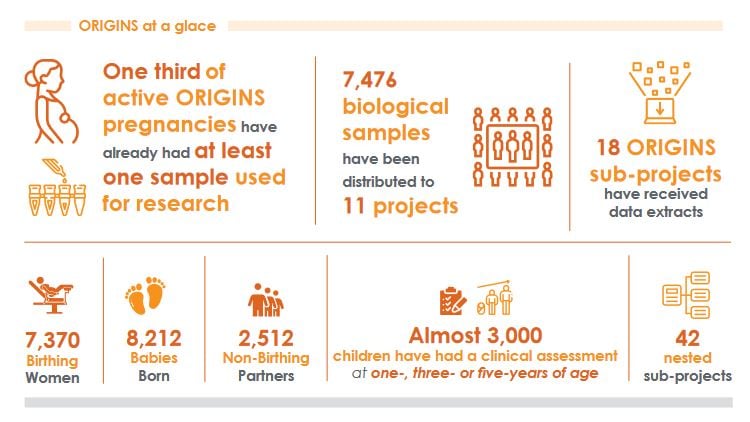
The impact of ground-breaking research is helping ORIGINS families
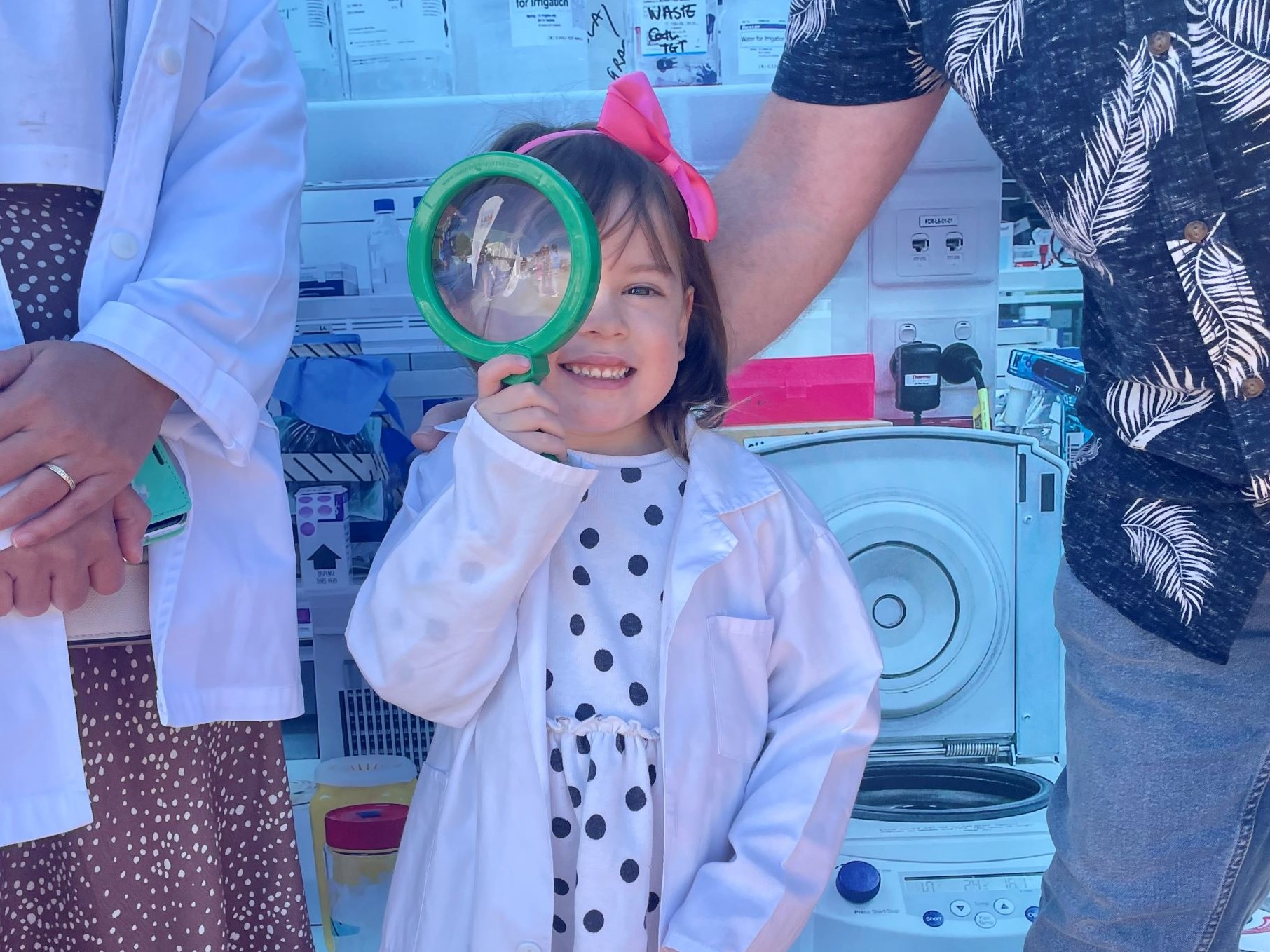
News & Events
ORIGINS Family Fun Day 2023Families gathered in the autumn sunshine to celebrate ORIGINS
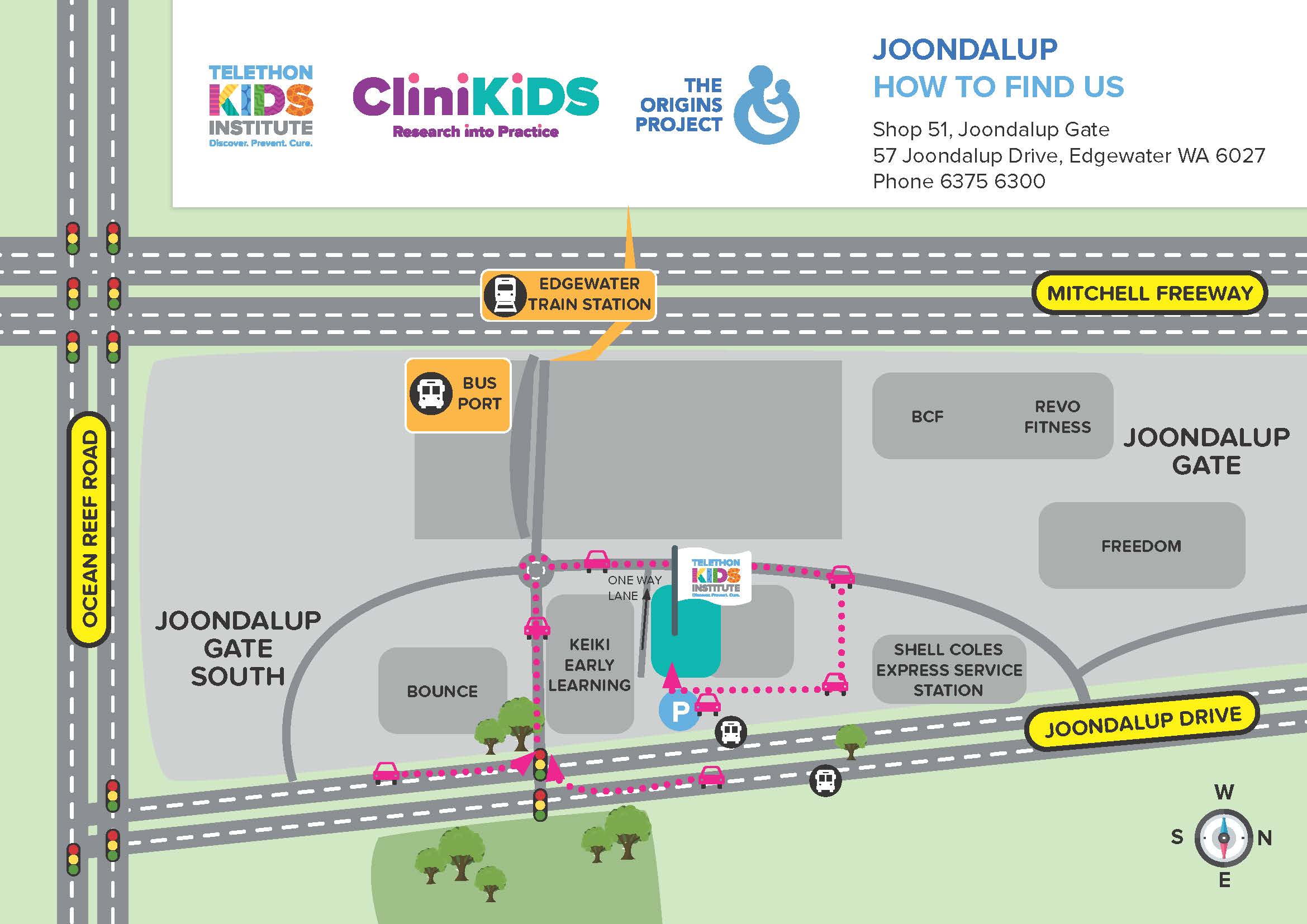
News & Events
New Home for ORIGINSThe Kids Joondalup will be the new home for the ORIGINS research and data teams
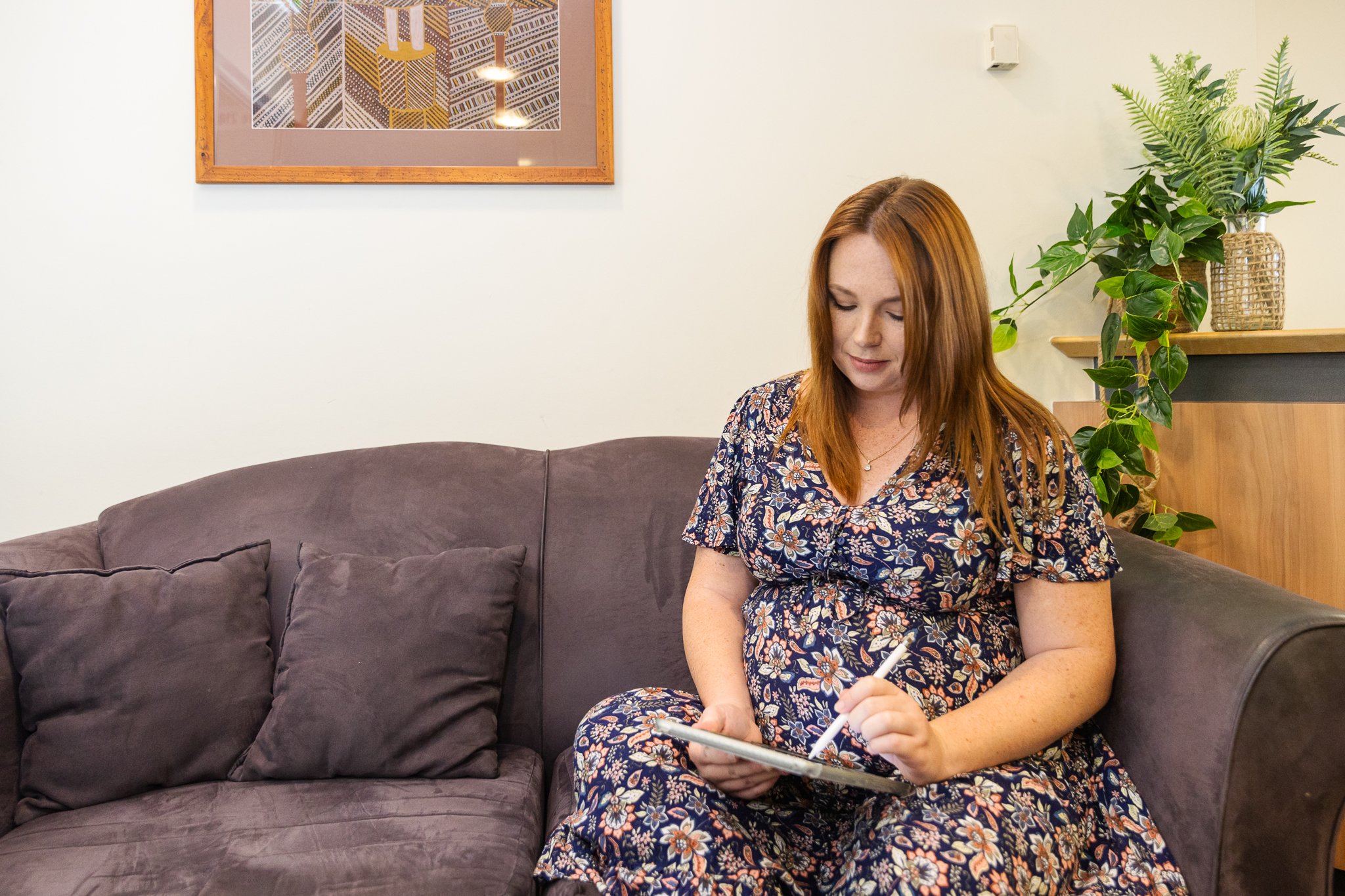
News & Events
Digital support engagement needed for new MumsSystematic review explores engagement levels of digital tools during the perinatal period
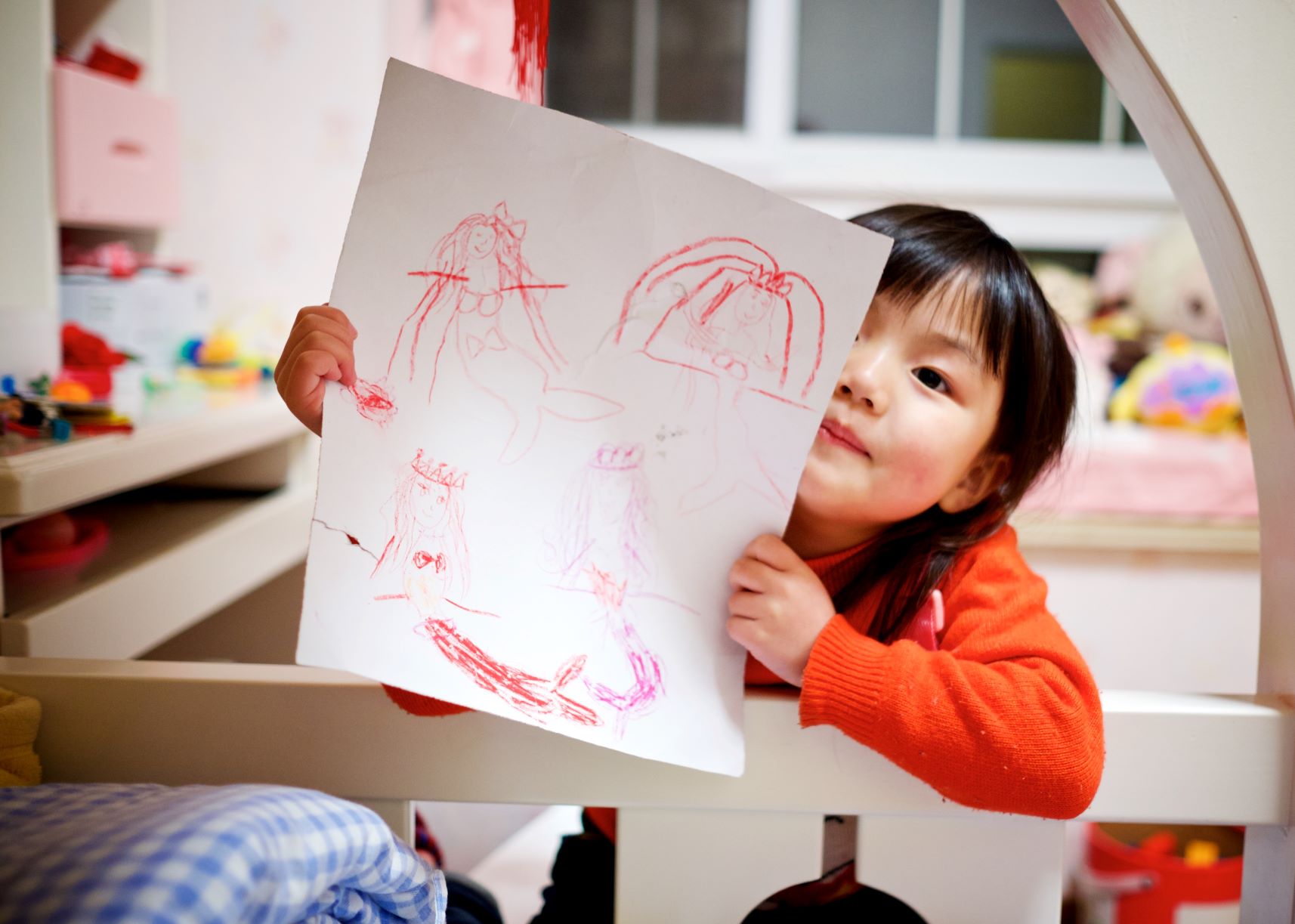
News & Events
Calling All Budding ArtistsCalling all budding artists - submit your child's artwork to win!
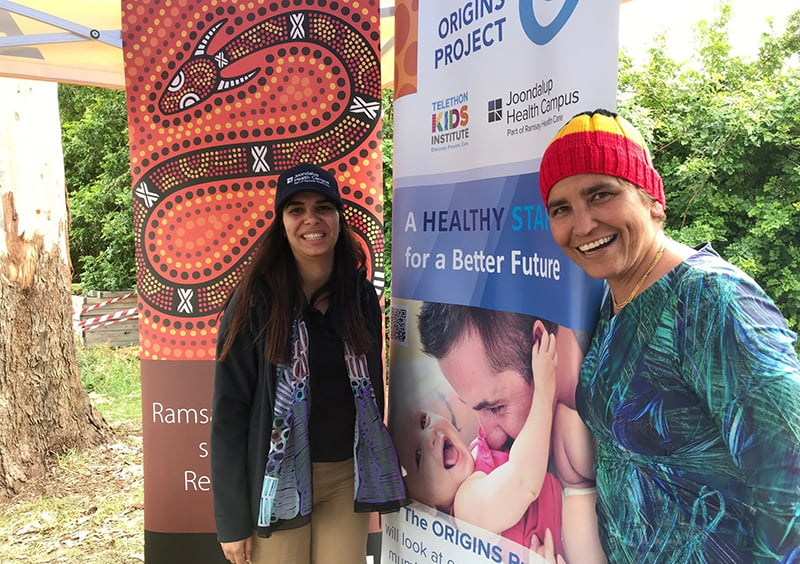
News & Events
ORIGINS takes part in Aboriginal wellness expoORIGINS participated in the inaugural Wadjak Northside Social Emotional Wellbeing Expo on 24 October at the Wadjak Northside Aboriginal Community Centre.
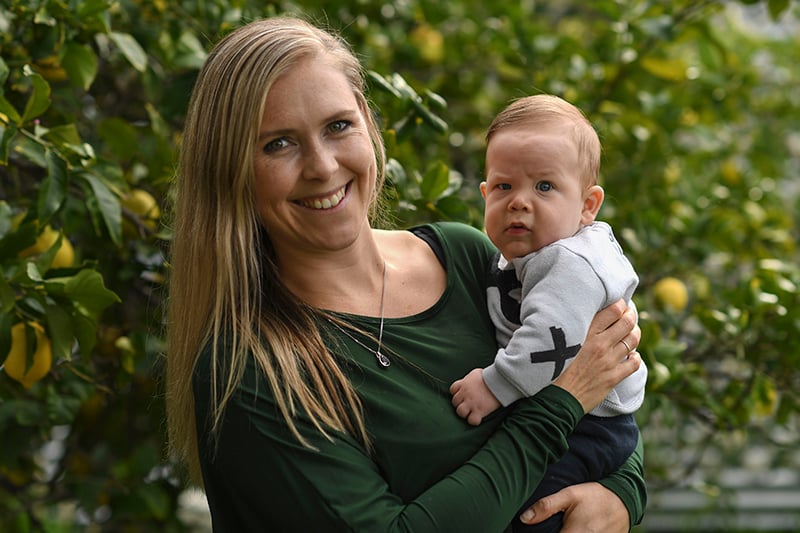
News & Events
ORIGINS researchers investigating gut health’s link to allergiesWith up to one in four Australian children now affected by allergic diseases, the potential for the ORIGINS SYMBA Study to positively impact future lives is immense.
